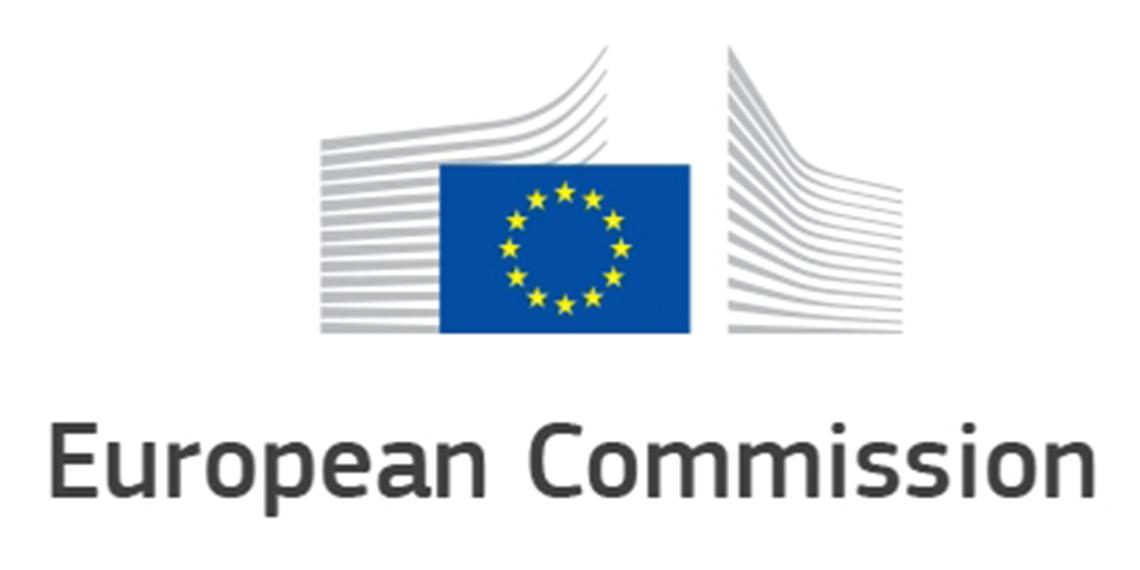On September 14, a major European Union proposal was announced that will subject OTT internet services like Facebook's WhatsApp and Microsoft's Skype to the same rules that traditional telecommunication firms must comply with. It was a victory for traditional telcos, as the European Commission recommended tighter security and privacy for the likes of WhatsApp and Skype.
The proposal is part of a package of reforms proposed by the European Commission president Jean-Claude Juncker, which also includes a plan to provide free Wi-Fi to European cities by 2020. "We propose today to equip every European village and every city with free wireless internet access around the main centers of public life by 2020," he announced during his annual State of the Union speech.
Another part of the commitment is to begin converting Europe to 5G networks as soon as 2018 in an effort to not lose ground to Asia and the United States, AFP reported. The proposal will give companies that invest in 5G networks longer operating licenses to operate mobile services, as well as the right to block rivals except in under-served areas.
"It's a small revolution. It's no longer historic operators on one side and new entrants on the other, it's those investing in the future and the others," said Gregoire Verdeaux, head of international policy at Vodafone.
Under the European Commission's proposal, companies like WhatsApp and Skype would be required to offer emergency-calling services when customers dial traditional phone numbers, and would also have to obey stricter privacy rules. France, for instance, is openly wary about the use of WhatsApp because of its encrypted messaging, which has made it a popular app for terrorist chains.
But not everyone has taken to the proposal with open arms. "The Commission should use this opportunity to reduce regulation in the hugely competitive market for communications services, rather than adding complexity," said James Waterworth, of the Computer & Communications Industry Association, a lobby group representing Microsoft, Facebook and Google.










